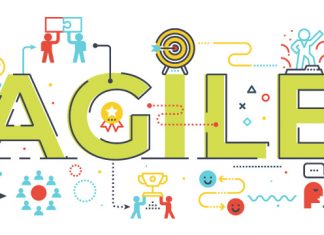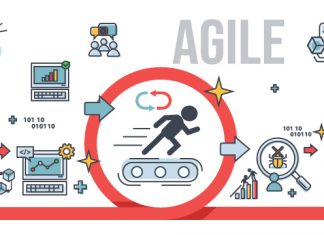Understanding the Top 10 Misconceptions about Agile
In today’s complex business landscape it is vital that businesses stay flexible, and therefore, even IT systems in place need to be as flexible as possible. In this regard, Agile allows enterprises to respond...
Understanding the Agile Product Roadmap: A Complete Guide
Do you feel overwhelmed by a seemingly endless product backlog and need help with the right path forward? Fear not, resilient product builder! This blog is your roadmap to crafting an effective agile product...
Understanding Agile Project Management Principles
Though Agile came into existence in the 90s, it only gained in popularity only in the last half a decade due to its increased adoption in enterprises across the globe. In today’s service-based environment...
Understanding What Agile Adoption Means for Companies
The Agile methodology is one of the fastest-growing approaches that software development companies have been adopting lately. The Agile method has been proven to be of immense help in assisting companies to create successful...
Backlog Grooming (Refinement) Guide: Steps and Best Practices
In the fast-paced world of Agile software development, maintaining a healthy product backlog is as critical to project success as watering is to a garden. Yet many teams struggle with backlogs that become overgrown,...
What is Information Radiator in Agile? 5 Key Benefits
Curious about how Agile teams effectively communicate and collaborate? Dive into the world of Information Radiators with our blog—'What is an Information Radiator in Agile?' Uncover the key concepts behind Scrum and Kanban boards,...
Understanding Scrum vs ITIL: Key Differences
ITIL and Scrum are two fundamental concepts in the current agile software development and IT operations landscape. ITIL focuses on the Operations and Service aspect of IT, while Scrum is a framework for software...
Top 10 Reasons Why Developers Hate Agile
Agile which came into existence due to the shortcomings of traditional project management methodologies have found widespread acceptance across the globe. But, it also has its fair share of criticism, especially from programmers who...
Understanding User Stories in Agile Development
User stories are a key component of Agile development, a methodology that emphasizes iterative and incremental delivery, adaptive planning, and flexible response to change. Using user stories in Agile development helps ensure that the...
20 Essential Agile Coach Interview Questions to Know
If you're gearing up for an Agile Coach interview, this is your go-to resource for success. We delve into Agile project management, focusing on what makes an outstanding Agile Coach. From technical know-how to...


























